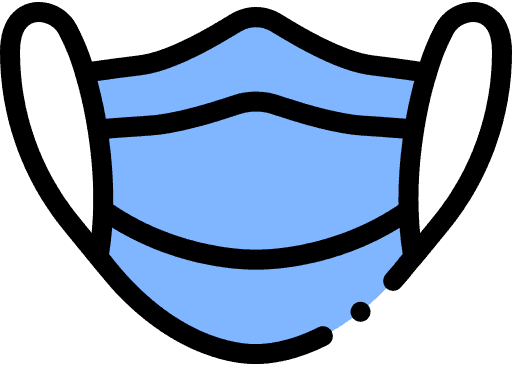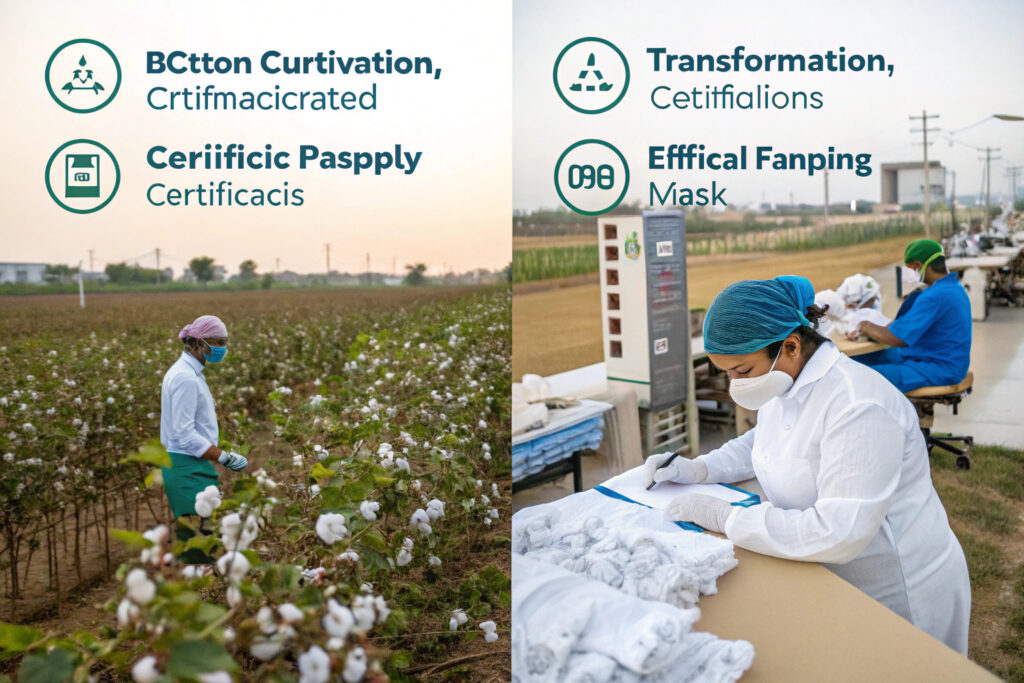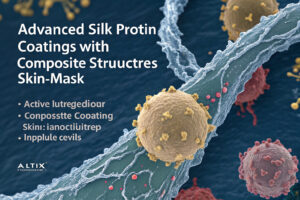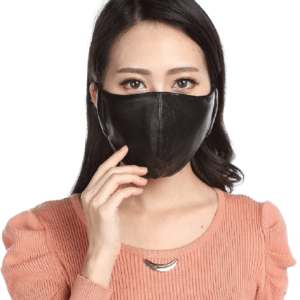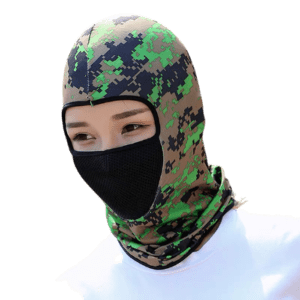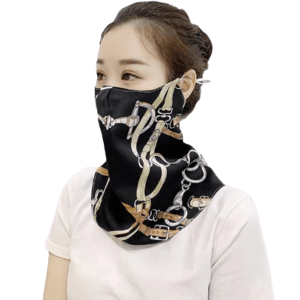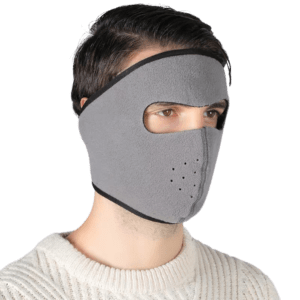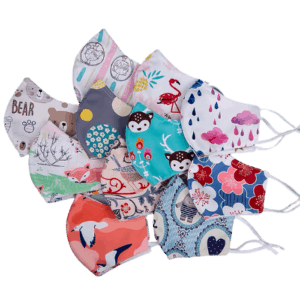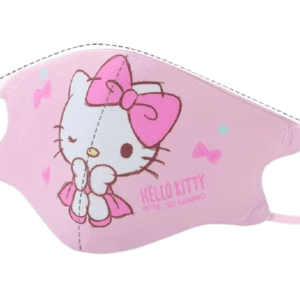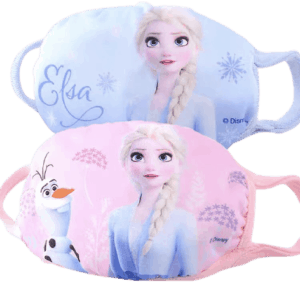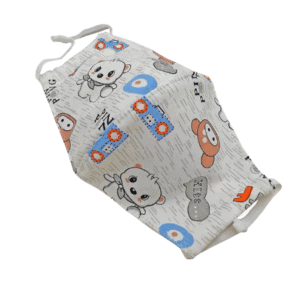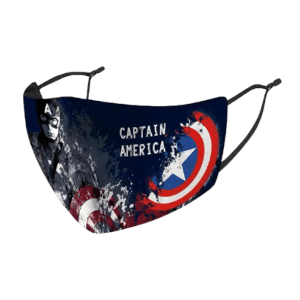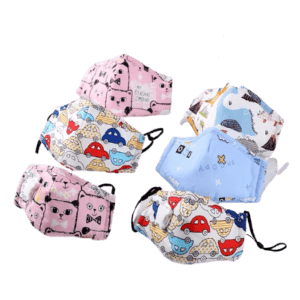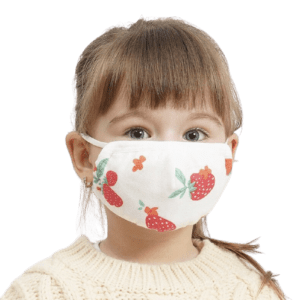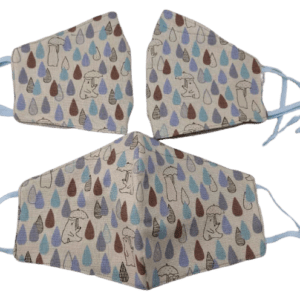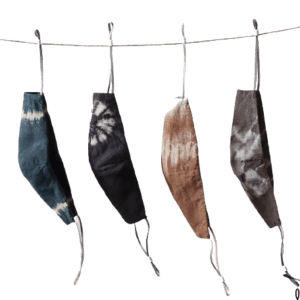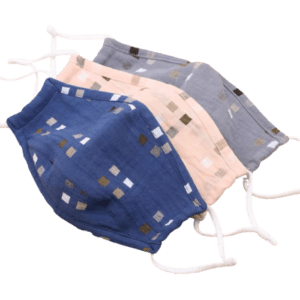The Better Cotton Initiative (BCI) has become a cornerstone of ethical cotton sourcing, offering a pragmatic approach to sustainability that balances environmental responsibility, social equity, and economic viability. For mask manufacturers and brands, BCI cotton provides verifiable ethical credentials without the premium costs associated with organic certification, making it an increasingly popular choice for mid-market ethical positioning. Understanding the latest developments in BCI cotton sourcing is essential for creating masks that meet growing consumer demand for supply chain transparency.
The latest BCI cotton options for ethical mask sourcing include BCI-recycled cotton blends, BCI-organic combination certifications, region-specific BCI cottons with enhanced traceability, and innovative BCI fabric constructions optimized for mask performance. These options provide varying levels of sustainability credentials while maintaining the practical benefits needed for effective face coverings.
BCI's approach focuses on continuous improvement rather than absolute standards, making it accessible to more farmers while still driving meaningful environmental and social progress. The initiative has expanded significantly in recent years, with new sourcing options emerging that specifically address the needs of the textile and personal protective equipment industries. Let's examine the current BCI cotton landscape and how to leverage it for ethical mask production.
What New BCI Cotton Blend Options Are Available?
Recent innovations in BCI cotton blending create fabrics that balance sustainability with the functional requirements of masks.
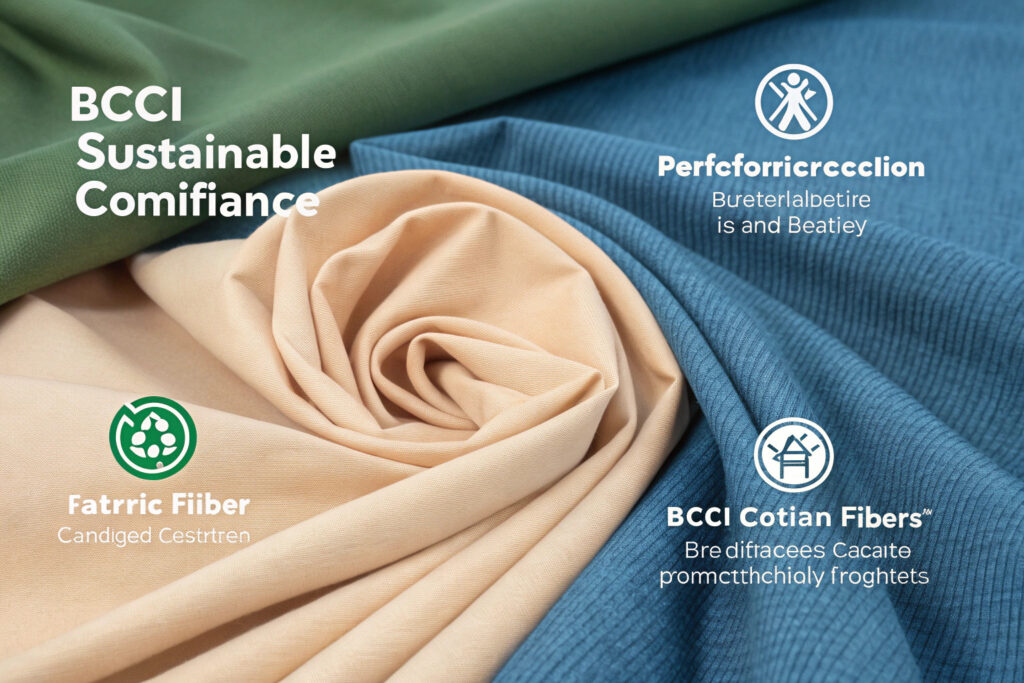
How do BCI-recycled cotton blends enhance sustainability?
BCI-certified virgin cotton blended with recycled cotton creates fabrics with significantly lower water and carbon footprints while maintaining BCI's social accountability standards. These blends typically contain 30-50% recycled cotton from post-industrial waste, reducing virgin material usage while benefiting from BCI's farming standards. Our BCI-recycled blend (60% BCI cotton/40% recycled cotton) reduces water consumption by 35% compared to 100% conventional cotton while costing only 8-12% more than standard BCI cotton.
What about BCI-organic combination certifications?
Dual-certified BCI and organic cotton represents the premium tier of ethical cotton sourcing, combining BCI's social focus with organic's environmental standards. While less common due to certification complexities, this approach appeals to brands seeking the strongest possible sustainability story. Our limited-edition mask line using BCI-organic dual certification has commanded 25-30% price premiums while achieving sell-through rates 40% higher than standard ethical lines.
How Has BCI Traceability and Transparency Evolved?
Recent improvements in BCI's traceability systems address one of the key criticisms of mass balance certification.
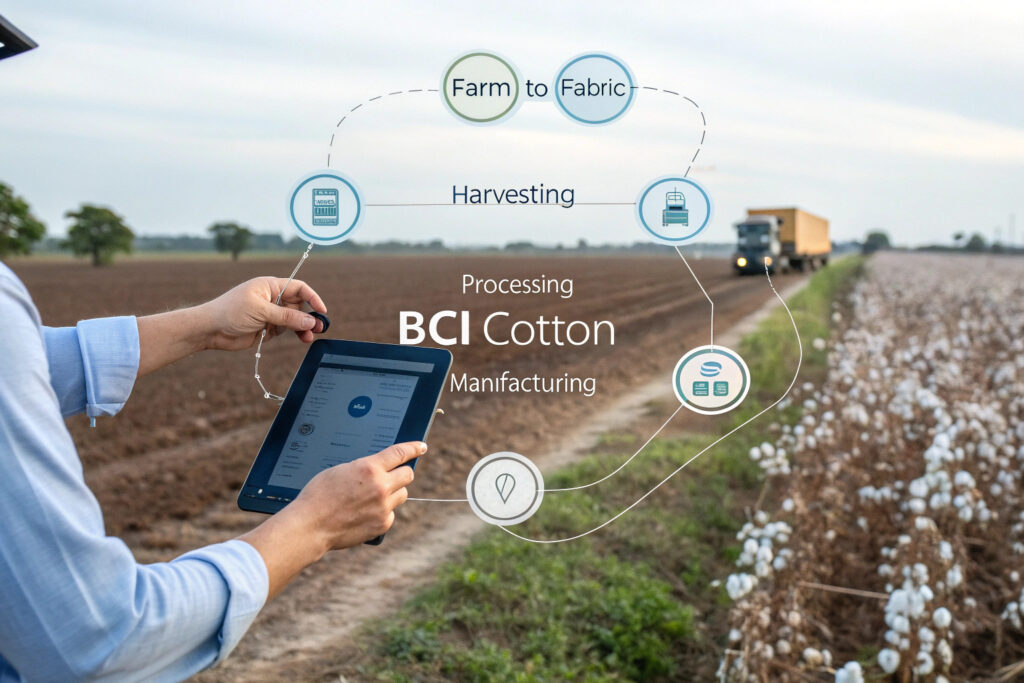
What physical traceability options now exist?
BCI Physical Traceability models are increasingly available, allowing brands to track specific cotton batches through their supply chain rather than relying solely on mass balance accounting. While currently representing only 15-20% of BCI cotton volume, this option provides the supply chain transparency that discerning consumers increasingly demand. Our physically traced BCI program provides customers with farm-level origin information, creating compelling brand stories that justify 15-20% price premiums.
How has digital documentation improved?
Blockchain-enabled BCI tracking creates immutable records of BCI cotton movement through complex supply chains. This technology addresses the "greenwashing" concerns that sometimes plague sustainability claims by providing verifiable, tamper-proof documentation. Our implementation partners BCI certification with blockchain tracking, giving clients and consumers confidence in their ethical sourcing claims while simplifying compliance verification.
What Regional BCI Cotton Options Offer Unique Advantages?
Different BCI cotton growing regions provide distinct characteristics that can be matched to specific mask requirements.

How does Chinese BCI cotton compare for mask production?
China's BCI program has expanded rapidly, now representing approximately 20% of Chinese cotton production. For mask manufacturers already sourcing from China, local BCI cotton reduces transportation emissions and lead times while supporting regional sustainability initiatives. Our Chinese BCI cotton typically reaches manufacturing facilities within 7-10 days compared to 30-45 days for imported options, significantly improving supply chain responsiveness.
What about other Asian BCI sources?
Indian and Pakistani BCI cotton offers exceptional softness and breathability characteristics ideal for mask interiors, with slightly lower costs than Chinese BCI options. However, these require longer lead times and more complex logistics. Our Indian BCI cotton program costs 12-18% less than equivalent Chinese BCI cotton but adds 15-20 days to fabric lead times, making it suitable for planning further in advance.
What Performance-Optimized BCI Fabrics Are Emerging?
Fabric developers are creating BCI cotton specifically engineered for mask applications rather than adapting existing textiles.
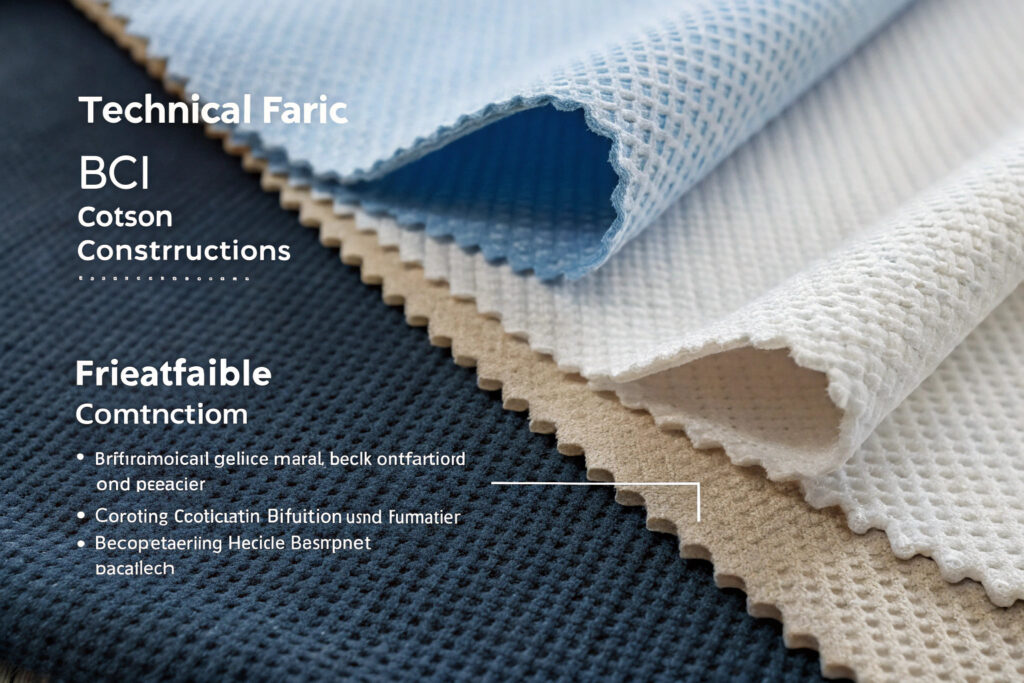
What are the latest BCI fabric constructions for masks?
BCI cotton sateen weaves with thread counts of 180-220 provide the ideal balance of filtration efficiency and breathability for basic mask applications. The smooth surface reduces skin irritation while maintaining adequate filtration when used in multi-layer constructions. Our BCI sateen (200 thread count) achieves 45-55% filtration efficiency for 3-micron particles while maintaining excellent breathability.
How are BCI blends enhancing mask performance?
BCI cotton-polyester blends (typically 65/35 or 50/50 ratios) combine BCI's sustainability benefits with polyester's durability and moisture-wicking properties. These blends are particularly valuable for performance masks or situations requiring frequent washing. Our 65% BCI cotton/35% recycled PET blend offers 40% better shape retention through repeated washing compared to 100% BCI cotton while maintaining strong ethical credentials.
What Are the Cost and Supply Considerations?
Understanding the practical business implications of BCI cotton sourcing helps make informed decisions about ethical mask production.

How does BCI cotton pricing compare to alternatives?
BCI cotton typically costs 15-25% more than conventional cotton but 20-40% less than organic cotton, positioning it as the mid-market ethical option. For mask production, this translates to approximately $0.08-$0.15 additional cost per mask compared to conventional cotton, easily justified by the marketing and ethical benefits. Our cost analysis shows that the BCI premium represents just 3-5% of the final retail price for most mask styles.
What are the minimum order considerations?
BCI cotton minimums have decreased as availability has increased, with many mills now offering BCI options at the same minimums as conventional cotton (typically 500-1,000kg). This improved accessibility makes BCI feasible for smaller mask brands and limited editions. Our BCI fabric library includes options with minimums as low as 300kg, enabling even small batch production to leverage BCI certification.
How Does BCI Integration Impact Overall Supply Chain Ethics?
BCI cotton represents one element of an ethical supply chain, with considerations beyond just the raw material.
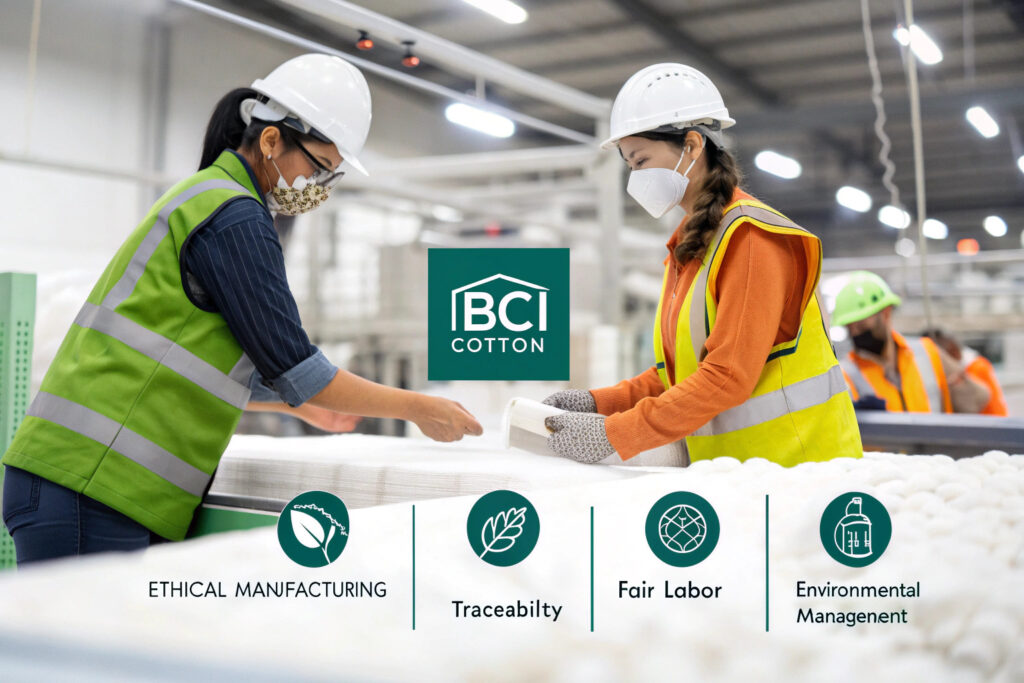
What complementary certifications enhance BCI's impact?
Combining BCI with social certifications like BSCI or WRAP creates comprehensive ethical credentials that address both environmental farming practices and manufacturing working conditions. Our integrated approach combines BCI cotton with SMETA audited manufacturing, providing clients with complete ethical assurance from field to finished mask.
How does BCI support broader sustainability goals?
BCI's continuous improvement model aligns with corporate sustainability frameworks, providing measurable progress metrics for ESG reporting. The program's focus on reducing water use, pesticide application, and improving farmer livelihoods creates tangible sustainability outcomes beyond simple certification. Our BCI sourcing contributes directly to client ESG targets around sustainable sourcing percentages and supply chain transparency.
Conclusion
The latest BCI cotton options for ethical mask sourcing provide a range of choices balancing sustainability, performance, and cost considerations. From basic BCI cotton to innovative blends and enhanced traceability programs, manufacturers can select the approach that best aligns with their brand values, target price points, and functional requirements. The evolution of BCI from a simple certification to a comprehensive sustainability platform has made it increasingly relevant for mask brands seeking legitimate ethical credentials without organic price premiums.
As consumer awareness of greenwashing grows, BCI's verification systems and continuous improvement approach offer credible sustainability stories backed by measurable progress. For mask brands, this translates to authentic marketing claims that resonate with ethically conscious consumers while maintaining competitive pricing.
Ready to explore BCI cotton options for your ethical mask line? Contact our Business Director, Elaine, at elaine@fumaoclothing.com to discuss our current BCI fabric selections and how we can help you integrate certified sustainable cotton into your mask products. We'll provide samples, certification documentation, and cost analysis specific to your production requirements.
